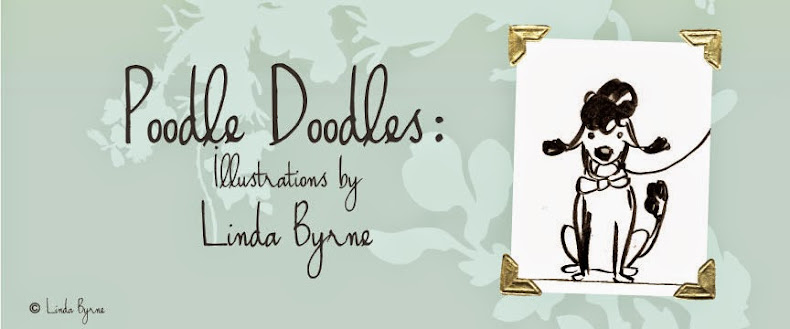Wednesday, December 5, 2012
Copyright, It's The Law!
“If business is not for you, then the art world is not for you.” Tracey Emin.
The statement made by Emin in her famous heated interview with John Humphry’s back in 2004 on the BBC Radio 4’s “Today” programme, controversial yet she speaks the truth. The artist is a self employed entrepreneur. Much to my amazement, there is much to learn as a self employed artist, effectively running your own business and all the legalities this brings. After all my years training in art college, I’ve had to embark on finding all legal, financial, regulatory information and copyright laws out on my own. The opportunity to prepare art students for the real world is overlooked and instead year after year art students continue to be churned out from educational institutes with little or no knowledge of these essential practices for artists and designers. So much for a rounded education!
The legality behind copyright has always intrigued me so this will be the area of discussion. The fact that copyright is automatic from the moment of artistic creation, lasts for life AND a further 70 years after death. Yet its worth noting that if you are an employee, the employer will own all copyright to creative output. Its vital that if you are self employed, you must retain ownership and avoid selling rights of art works.
Un registered design rights, offer limited protection for designers, these rights last for 15 years after the object has been made and 10 years after the first marketing of the product. Its important to note that after 5 years from the moment of manufacture or marketing, others have the right to manufacture your products, after they have obtained your permission.
When a designer is commissioned to create a design, the commissioner automatically has “unregistered rights” to your design. Its up to the designer to negotiate ownership of rights, as under implied law clients have legal right in commission agreements. While the use of trademark ™ protects names, brands and logos etc, its used when a business hasn’t officially registered with the Intellectual Property Office (IPO.) Registering a trademark can be a complicated affair but IP law covers things from business names, brands, illustration, smells and even artists or designers name. When selling an art work its vital to negotiate a licensing agreement with the purchaser. This contract must be written and should include information regarding the duration of the licence, the permitted uses of the design, ie bags, t-shirts, billboards etc. Also indicate the country or region where the licence applies. The licence agreement is separate to overall copy right, licensing allows the client limited rights to the artwork / design they purchased, for the limited time, location, use, listed in the agreement contract. The overall copyrights always lie with the artist, unless the rights have been sold on.
For further information regarding copyright laws in Ireland consult, www.icla.ie
Subscribe to:
Posts (Atom)
